20 Things That Get You Scolded in France
Even the most polite travelers can stumble in France without realizing it. Many of these “mistakes” aren’t written anywhere, yet they matter deeply to locals. Learning them early makes every interaction smoother and earns a lot more smiles along the way.
1. Don’t Touch the Produce
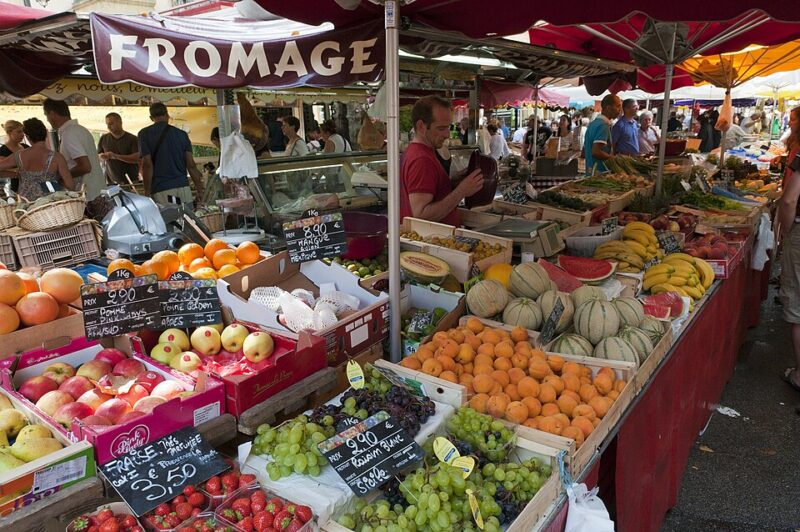
At French markets and small grocers, you’ll often see beautifully arranged fruits and vegetables — and the rule is simple: look, don’t touch. Vendors select the produce for you, ensuring quality and protecting their displays. It’s partly hygiene, partly tradition. If you’re unsure, simply ask “Puis-je choisir?” before reaching out. The answer will usually be “Non, je vous sers.”
2. Always Greet First
Every interaction begins with a proper “Bonjour.” Whether you walk into a bakery, step up to a ticket counter, or enter a boutique, it’s essential. A polite “Bonjour, madame” or “Bonjour, monsieur” said with eye contact sets the tone. Skipping it can instantly create distance. When leaving, a “Merci, au revoir” closes the exchange.
3. Keep “Tu” and “Vous” Straight
French is built on a hierarchy of politeness. “Tu” is for friends, children, and close acquaintances. “Vous” is for everyone else. Using “tu” with strangers, servers, or shopkeepers sounds disrespectful. Even when you speak confidently, switching too casually can make the air freeze.
4. Meals Are Sacred, Not Rushed
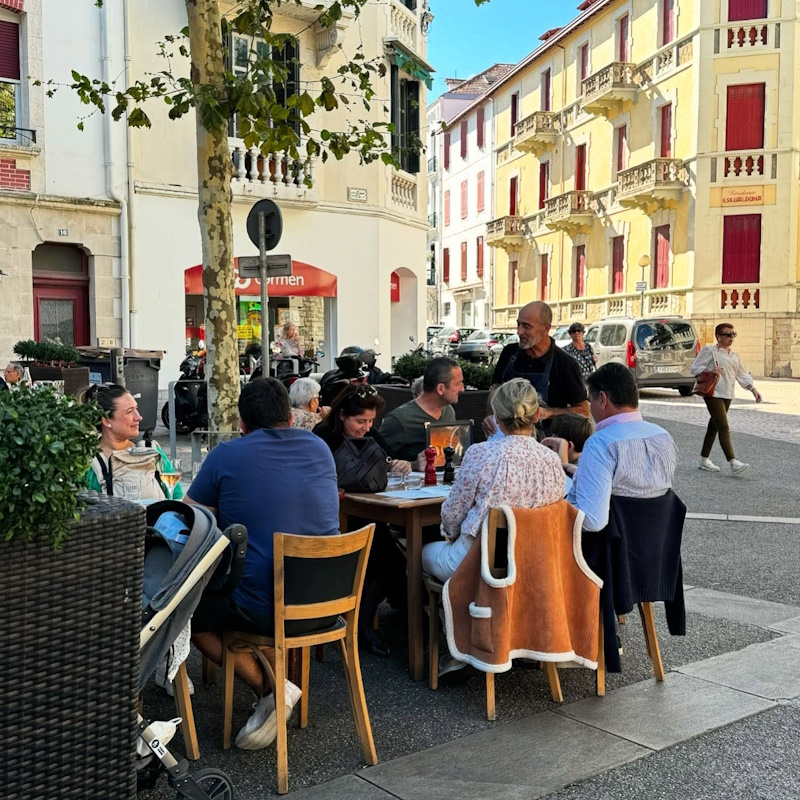
Meals in France are meant to be enjoyed. Ordering quickly, asking for the check before finishing, or saying you’re “in a hurry” breaks the rhythm of French dining. Even lunch is treated seriously, and waiters appreciate when guests take time to sit, eat, and converse. A polite way to ask for the bill is, “L’addition, s’il vous plaît, quand vous aurez un moment.”
5. Don’t Order Red Wine With Choucroute
Regional dishes have unwritten pairings. In Alsace, for instance, choucroute is meant to be eaten with Riesling or another local white wine. Asking for red can draw a firm correction — and they’ll be right. Following local pairings shows respect for the culinary culture that shapes each region.
6. Rare Steak Really Means Rare
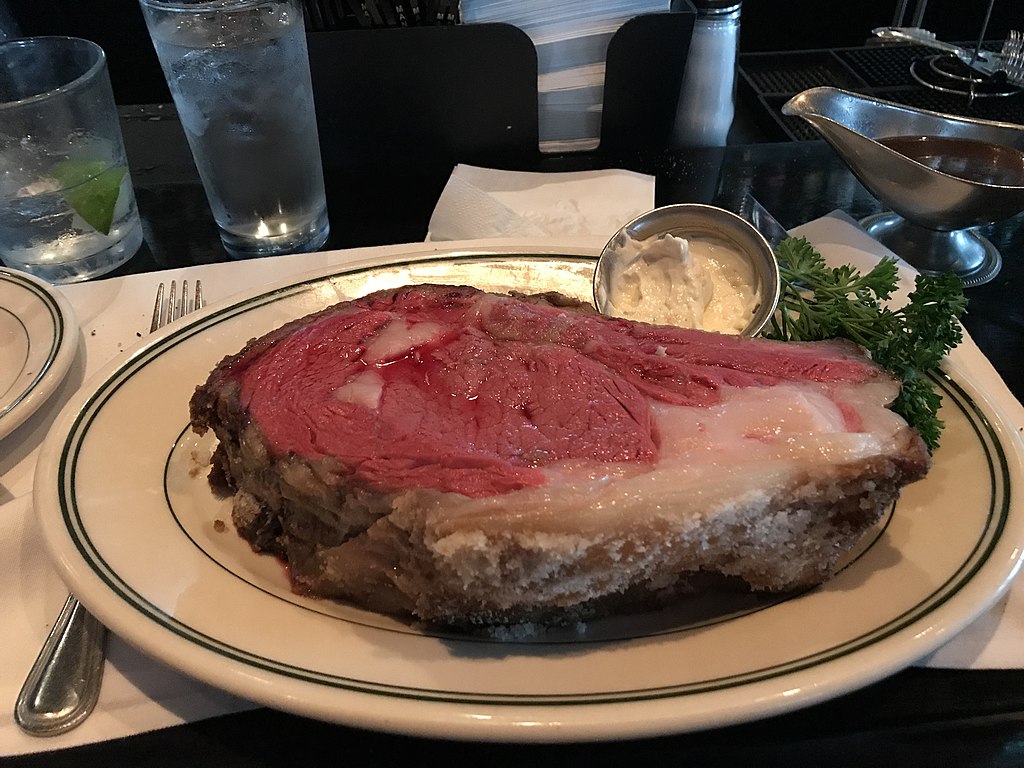
French chefs consider “bien cuit” (well done) as ruining good meat. Even if you have dietary or health reasons, expect some resistance when asking for steak thoroughly cooked. “À point” (medium) or “saignant” (rare) are the norms. Over time, you may even start to appreciate the difference.
7. Don’t Expect Takeout Flexibility
Small-town restaurants often run on tight schedules and traditions. If you reserve a table and later ask to switch to takeout, it’s likely to be refused. Likewise, many kitchens close early, and they won’t reopen even if you arrive five minutes late. Planning ahead is part of eating well in France.
8. Respect the Bathroom Code
Using a café restroom without ordering something is considered impolite. Owners see it as an extension of their hospitality, not a public facility. A quick espresso or mineral water is enough to earn access – and a better welcome next time.
9. Don’t Strip Down in Public Parks
Even on the hottest summer days, being shirtless (torse nu) in a public park is against the rules. The same applies in stores or city streets. The only exception is at beaches or swimming areas. French people value discretion in shared spaces.
10. Swimwear Rules Are Serious

At public pools, board shorts are banned. Only tight-fitting swim briefs are allowed, along with swim caps. It’s about hygiene – and practicality. The rule is enforced strictly, even in small villages, so plan accordingly before your first dip.
11. Avoid Loud Voices in Public
Conversation tones are lower in France. Loud talking on trains, in restaurants, or on the metro draws quick stares. Even laughter that carries too far can feel out of place. If locals shush you, they’re not being rude — they’re preserving public calm.
12. Greetings Are Personal
When you greet someone, do it with presence — not while multitasking or staring at your phone. Eye contact signals sincerity. Saying “Bonjour” without looking up feels dismissive. Small gestures like this go far in earning warmth from locals.
13. Be Careful With Photography
Taking photos of police, security forces, or even certain officials is illegal in France. You can be asked to delete the image on the spot. This rule is tied to privacy and safety laws. Always check before taking pictures in sensitive areas like airports or government buildings.
14. Don’t Smile at Strangers
In many English-speaking cultures, smiling at people you pass is a friendly gesture. In France, it can be read as odd or intrusive. Smiles are reserved for acquaintances, not strangers. A neutral, polite expression is the norm on the street.
15. Follow Cheese Etiquette
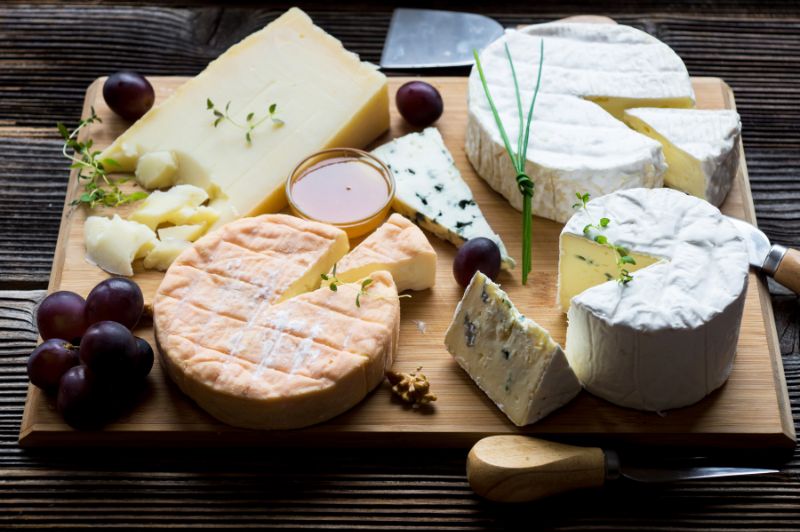
Cheese is cut according to its shape. Wedge-shaped cheeses should be sliced so each person gets both rind and center. Cutting straight across a round or triangular cheese is a cultural crime. It’s a small detail, but it matters, especially at a French table.
16. Respect Sacred and Solemn Places
Certain locations, like cemeteries and historical monuments, are treated with quiet respect. Laughing, speaking loudly, or joking in these places can draw scolding. France values its heritage deeply, and places tied to memory are to be approached gently.
17. Mind Your Manners With Alcohol
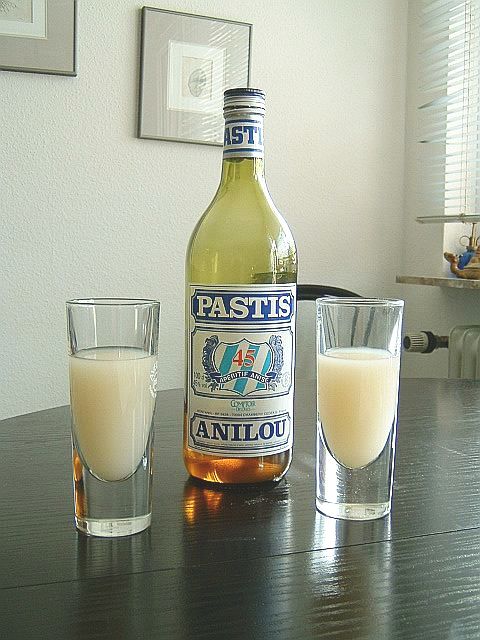
Some drinks have unspoken rituals. Pastis, for example, is always diluted with water, it’s never sipped straight. Ordering it neat can provoke a grimace. The same goes for ordering Coke or ketchup alongside traditional meals. These combinations signal cultural cluelessness more than preference.
18. Slow Down Your Speech
Speaking too quickly, even in good French, can overwhelm listeners. Slower, clearer speech shows consideration. Locals appreciate when foreigners make the effort to be understood, not to rush through sentences.
19. Don’t Treat Local Shops Like Supermarkets
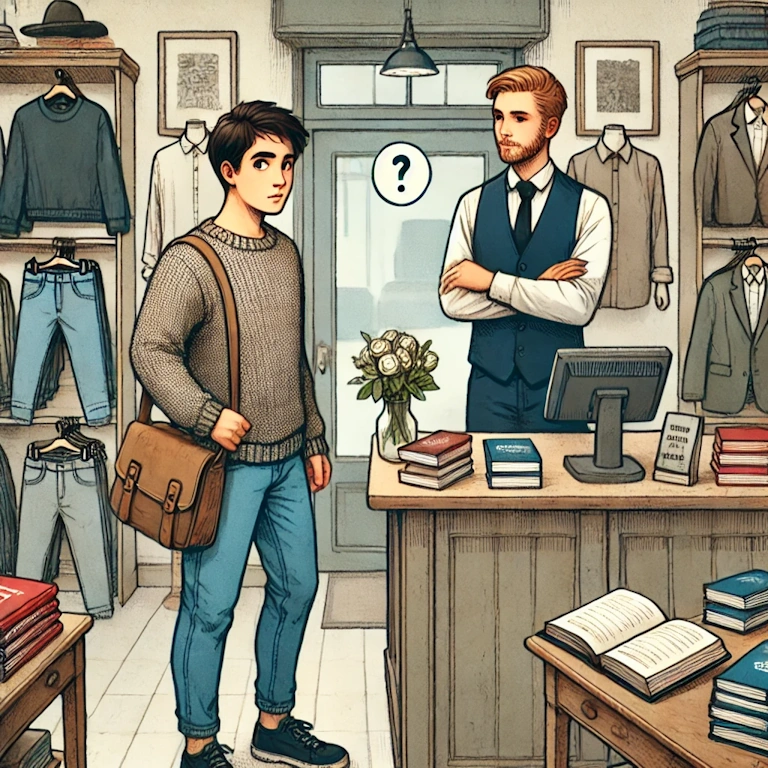
Browsing aimlessly or handling items you don’t intend to buy can irritate small shop owners. Shops in France are often family-run, and the relationship is more personal than transactional. Look, greet, and ask before handling anything.
20. Keep a Sense of Formality
Even when you feel comfortable, the French maintain a boundary of formality, especially in service settings. Using polite language, saying “s’il vous plaît,” and avoiding overfamiliar tones show respect for the social fabric that keeps interactions smooth.
